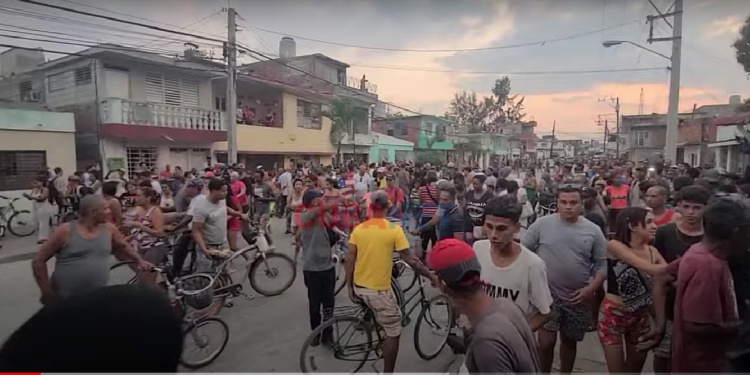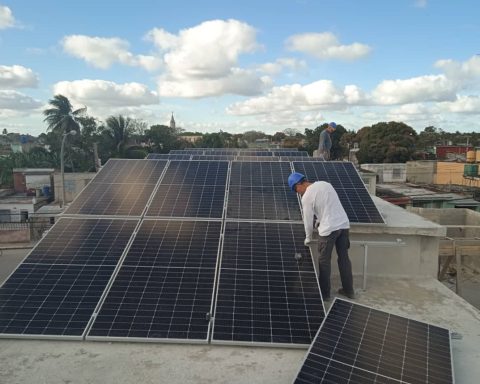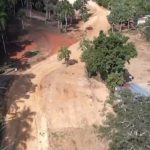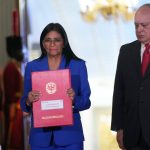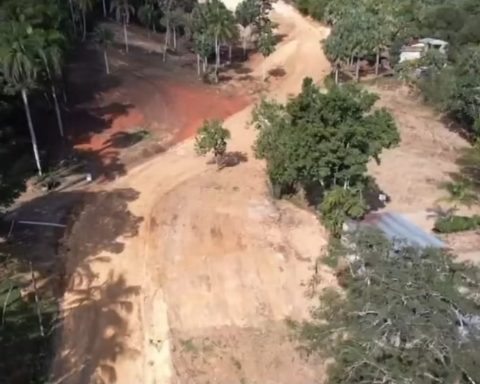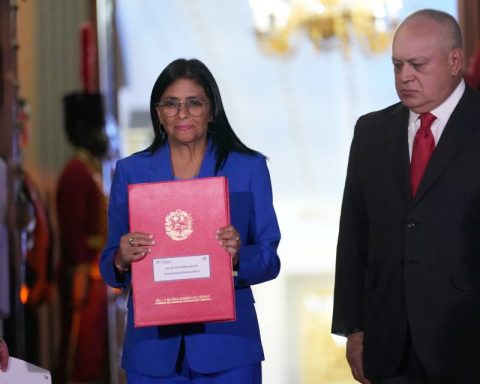AREQUIPA, Peru – The study Exploring possible futures for democratization in Cubafrom the independent polling firm Cubadata, revealed this week important data on the response capacity of Cubans to the difficult situations they are experiencing.
The research carried out by Arístides A. Vara Horna addresses the results of six surveys carried out between September 2023 and February 2024, in which some 10,248 people from the Island participated.
“This is a look at an increasingly diverse and changing population, one that bears no resemblance to the fantasies of propaganda. Impacted by the imperatives of survival (…), but in need of radical change,” says researcher and essayist Hilda Landrove in the study’s prologue.
On the Island, economic precariousness and food are an important trigger for protest actions, but more and more Cubans are also demonstrating for civil rights.
“This indicates a significant cultural shift, where concerns for social justice, equity and government integrity also play a crucial role in citizen mobilization,” the author says.
Among those surveyed, 37.8% said they had participated in a protest in Cuba at some point, a number that rises to more than 50% when considering the different types of protest. Of the first total cited, one third have participated only once (36.5%), while the rest are recurrent participants (63.5%).
Pro-market liberals and those with other ideologies accounted for the highest number of respondents (49.5% and 56.7%, respectively), while there was also a significant presence of reformist socialists (25%), centrists and neutrals (34.6%).
For their part, the staunch socialists represent a minority of 15.4%, indicating that even in this group there is a segment willing to potentially protest for changes within the same system.
“The absence of a unified political identity among protesters may complicate the articulation of coherent demands and the formation of a cohesive protest movement, but may also indicate an opportunity to build broad coalitions based on shared interests,” the study highlights.
In any case, Vara Horna also highlights that the protests in Cuba cannot be reduced to a simple struggle between socialists and capitalists, but rather reflect a wide range of demands and aspirations.
Beyond traditional forms of protest, civic alternatives such as posting opinions on social media, signing online petitions or attending planning meetings, show that citizen participation is greater than self-declarations indicate.
In this regard, 51.7% of respondents have been involved in some type of civil protest, a figure much higher than the self-declared 37.8%.
Other research results available on the official site From Cubadata, they consider the variables resilience and autonomy, which allow us to observe the contrast between the individual capacity to adapt to the oppression of the Cuban regime and the economic crisis (resilience), versus “the real capacity to have control over one’s own life (autonomy).”
According to the author, more resilient people are less likely to participate in protests, with a 4.4% decrease in the probability of participation, possibly due to their ability to adapt to adversity.
Furthermore, self-determination reduces the probability of protest participation by 10.2%, suggesting a preference for individual solutions; the perception of an aggressive government response decreases the probability by 1%; and fear of victimization decreases the probability by 6.5%.
On the other hand, autonomy increases participation in protests by 28%, while Cuban women They were 41.7% more likely to participate compared to men.
